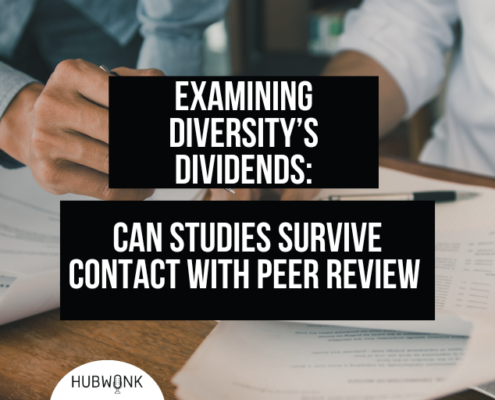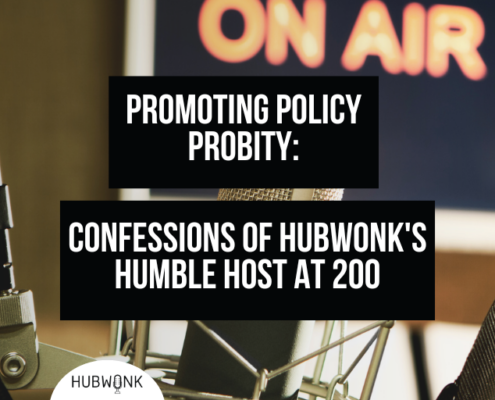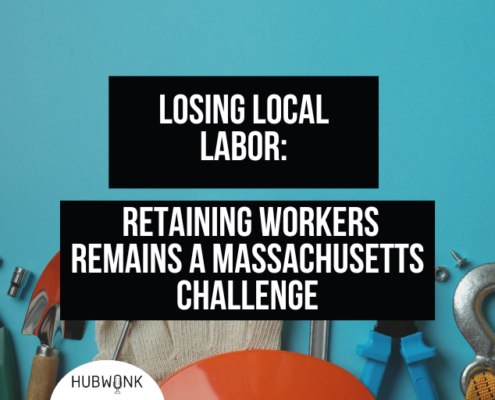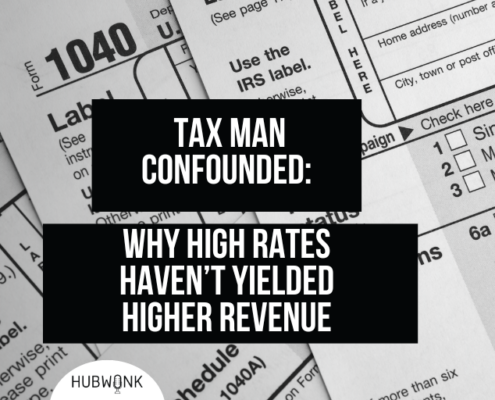Happy New Year from Pioneer Institute
/0 Comments/in Featured /by Editorial Staff Share on Facebook
Share on Twitter
Share on
LinkedIn
+
We hope you are taking time to celebrate and find peace during this season. Thank you for your support for Pioneer, which has helped us stay focused on steering the state’s debate on the pandemic response, and making progress on our key policy objectives. Here’s to a great 2021 for Massachusetts and the country.
Recent Posts
 https://pioneerinstitute.org/wp-content/uploads/TLC-Shiloni-05292024-767x432-1.png
432
767
Editorial Staff
https://pioneerinstitute.org/wp-content/uploads/logo_440x96.png
Editorial Staff2024-05-29 16:14:072024-05-29 16:27:34Israeli Harvard Student Maya Shiloni on Campus Antisemitism
https://pioneerinstitute.org/wp-content/uploads/TLC-Shiloni-05292024-767x432-1.png
432
767
Editorial Staff
https://pioneerinstitute.org/wp-content/uploads/logo_440x96.png
Editorial Staff2024-05-29 16:14:072024-05-29 16:27:34Israeli Harvard Student Maya Shiloni on Campus Antisemitism
Study Finds Supply Shortage at the Heart of Greater Boston Housing Crisis
Construction costs, land use regulation and zoning among…

Kimberly Steadman of Edward Brooke on Boston’s Charter School Sector
Steadman reflects on her educational background and leadership in urban charter public schools. She discusses the importance of rigorous academic expectations for K-12 students, and how this outlook influences her educational philosophy co-directing the Brooke charter school network. Ms. Steadman shares the challenges faced by Massachusetts charters due to the post-2016 ballot loss, and how she and other charter public school leaders advance supportive policy reforms.

Precision Law Enforcement: Can Gunfire Detection Technology Serve and Protect Everyone?
Joe Selvaggi talks with SoundThinking's Senior Vice President Tom Chittum about gunfire location technology promises and pitfalls when deployed by law enforcement in high-crime communities.

Cheryl Brown Henderson on the 70th Anniversary of Brown v. Board of Education
Cheryl Brown Henderson, daughter of the lead plaintiff in the landmark U.S. Supreme Court decision, Brown v. Board of Education, explores her family's pivotal role in the Brown case, detailing her father’s part within the NAACP's wider legal strategy.

Examining Diversity’s Dividends: Can Studies Survive Contact with Peer Review
Joe Selvaggi talks with business data scientist Dr. Jeremiah Green about his peer review work examining consulting firm McKinsey’s studies on the measurable financial benefits of diversity in corporate executive leadership.

POLITICO’s Peter Canellos on Justice John Marshall Harlan & Plessy v. Ferguson
Mr. Canellos delves into Harlan's upbringing in a prominent slaveholding family, his Civil War service in the Union Army, and his rapid rise in Kentucky politics as a Republican. He highlights John Harlan’s mixed-race half-brother Robert Harlan and key legal precedents like the notorious Dred Scott v. Sandford (1857), which influenced Harlan's views on race and equality.

Promoting Policy Probity: Confessions of Hubwonk’s Humble Host at 200
Hubwonk's Joe Selvaggi marks episode 200 with a solo podcast that offers some backstory of his journey to becoming a host and offers some insights learned from more than 4 years of interviews.

Study: Expand Voc-Tech Seats, Don’t Require Lottery- Based Admissions
Bottom line is that demand for career vocational-technical…

Colonel Peter Hayden on U.S. Cyber Command & National Security
General Counsel of U.S. Cyber Command, Colonel Pete Hayden, shares insights about growing up in western Massachusetts, attending law school, his military service, and emphasizes the legal aspects of his national security work. Col. Hayden discusses Cyber Command's mission, distinguishing it from the NSA, while stressing the importance of defending the nation in cyberspace.

Losing Local Labor: Retaining Workers Remains a Massachusetts Challenge
Joe Selvaggi talks with Pioneer Institute's Research Associate Aidan Enright about Pioneer's annual report on the Massachusetts labor force and discuss which trends could portend trouble for the state’s future.

Hoover at Stanford’s Stephen Kotkin on Stalin’s Tyranny, WWII, & the Cold War
Dr. Stephen Kotkin explores Stalin's origins, consolidation of power, and his Communist despotism. Kotkin delves into Stalin's cunning political maneuvers, his complex relationships with other Soviet leaders like Lenin and Trotsky, and the devastating consequences of his regime, including the forced collectivization and mass starvation of millions.

Tax Man Confounded: Why High Rates Haven’t Yielded Higher Revenue
Joe Selvaggi talks with economic scholar Dr. Brian Domitrovic about the history of federal tax policy and the reasons for why varied marginal rates fail to correlate with either tax revenue or GDP growth.

Johns Hopkins’ Ashley Berner on Educational Pluralism & Democracy
Johns Hopkins’ Institute for Education Policy director, Dr. Ashley Berner discusses educational pluralism's role in improving K-12 performance, exploring European models and the impact of U.S. school choice programs. Dr. Berner analyzes universal ESAs and vocational-technical schooling, addressing persistent academic struggles and civic knowledge gaps.

Industrial Policy Reimaged: Can Government Improve Free Markets
Joe Selvaggi discusses industrial policy, its aspirations and limitations, with CATO Institute Associate Director Colin Grabow, in response to Senator Rubio's thought piece advocating for a more active role for government in the economy.

39th U.S. Poet Laureate Robert Pinsky for National Poetry Month
Boston University professor, Robert Pinsky discusses his memoir Jersey Breaks: Becoming an American Poet; the enduring influence of sacred texts like the Psalms; and the wide cultural significance of classic poets like Homer and Shakespeare.

Posting Patient Prices: Transparency Cure for Hospital Blank Checks
Joe Selvaggi interviews entrepreneur, philanthropist, and founder of PatientRightsAdvocate.org, Cynthia Fisher, discussing her research and advocacy for enhanced healthcare price transparency. This initiative has the potential to improve life expectancy and save Americans over a trillion dollars annually.

U.S. Chamber Foundation’s Hilary Crow on K-12 Civics Education
U.S. Chamber Foundation VP, Hilary Crow discusses the state of K-12 civics, emphasizing the Chamber Foundation’s role in addressing America’s wide civic education deficits. Crow highlights a recent national civics survey, alarming civic literacy gaps, and links between political unrest and our nation’s educational shortcomings in K-12 civics.



